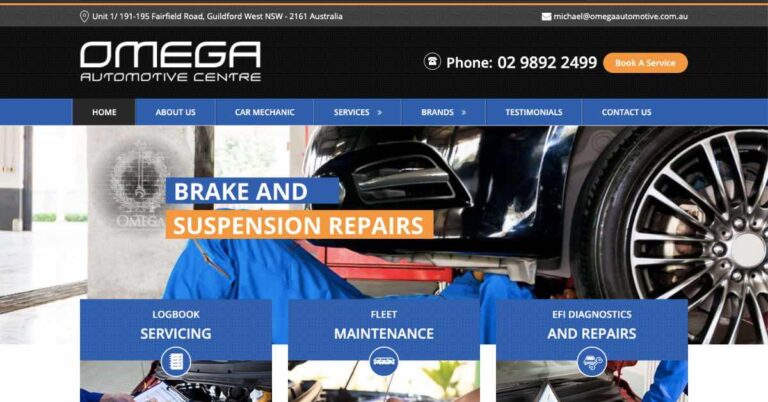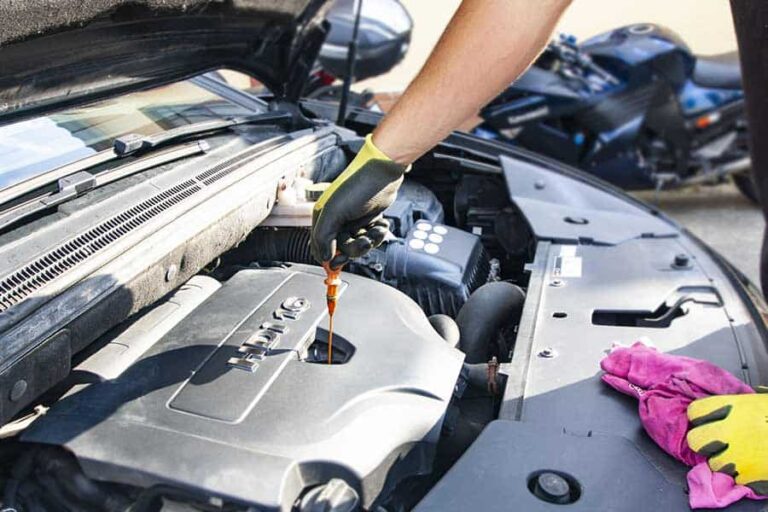Semi Truck Preventive Maintenance Essential Solutions to Keep Your Fleet Moving
Preventive maintenance for semi trucks refers to scheduled servicing and routine checks performed to avoid major failures. Rather than waiting for breakdowns, preventive maintenance ensures your truck stays road-ready by inspecting, replacing, and repairing key components at regular intervals.
This process includes oil changes, tire rotations, brake inspections, fluid top-offs, and engine diagnostics. It also ensures compliance with DOT (Department of Transportation) regulations.
Why Preventive Maintenance is Critical for Fleets

Semi trucks endure harsh long-haul conditions. Without a preventive strategy, fleet operators face breakdowns, delayed deliveries, and costly repairs. Maintenance not only preserves the truck’s condition but ensures driver safety and regulatory compliance.
- Reduces unexpected repair costs
- Improves fuel economy and performance
- Extends vehicle lifespan
- Enhances safety and reduces liability
Benefits of Preventive Maintenance in the Trucking Industry
Maximizing Vehicle Uptime and Longevity
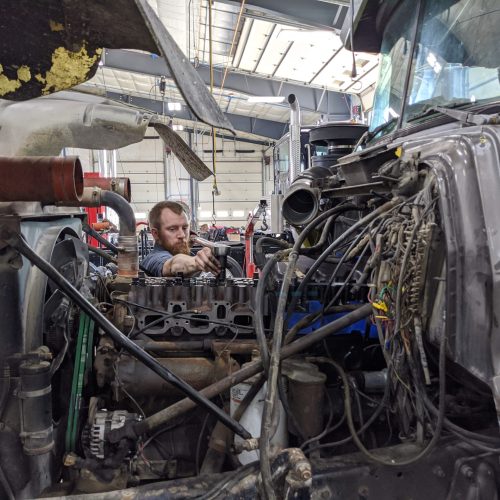
When trucks are maintained on a fixed schedule, they’re less likely to suffer from mechanical failures. This maximizes uptime, especially for time-sensitive hauls. A properly serviced semi truck can clock over a million miles with reduced risk of engine failure.
Key advantages:
- Scheduled repairs reduce on-road breakdowns
- Optimized engine health for long-term use
- Better resale value
Enhancing Fleet Safety

Preventive maintenance includes safety checks like brake pad wear, steering calibration, and lighting systems. These checks prevent accidents caused by component failure.
- Reduces accident risks due to tire blowouts or brake issues
- Ensures lighting and signals are functional
- Helps drivers stay compliant with federal safety standards
Top Preventive Maintenance Products for Semi Trucks
Mobil Delvac 1300 Super 15W-40 Motor Oil
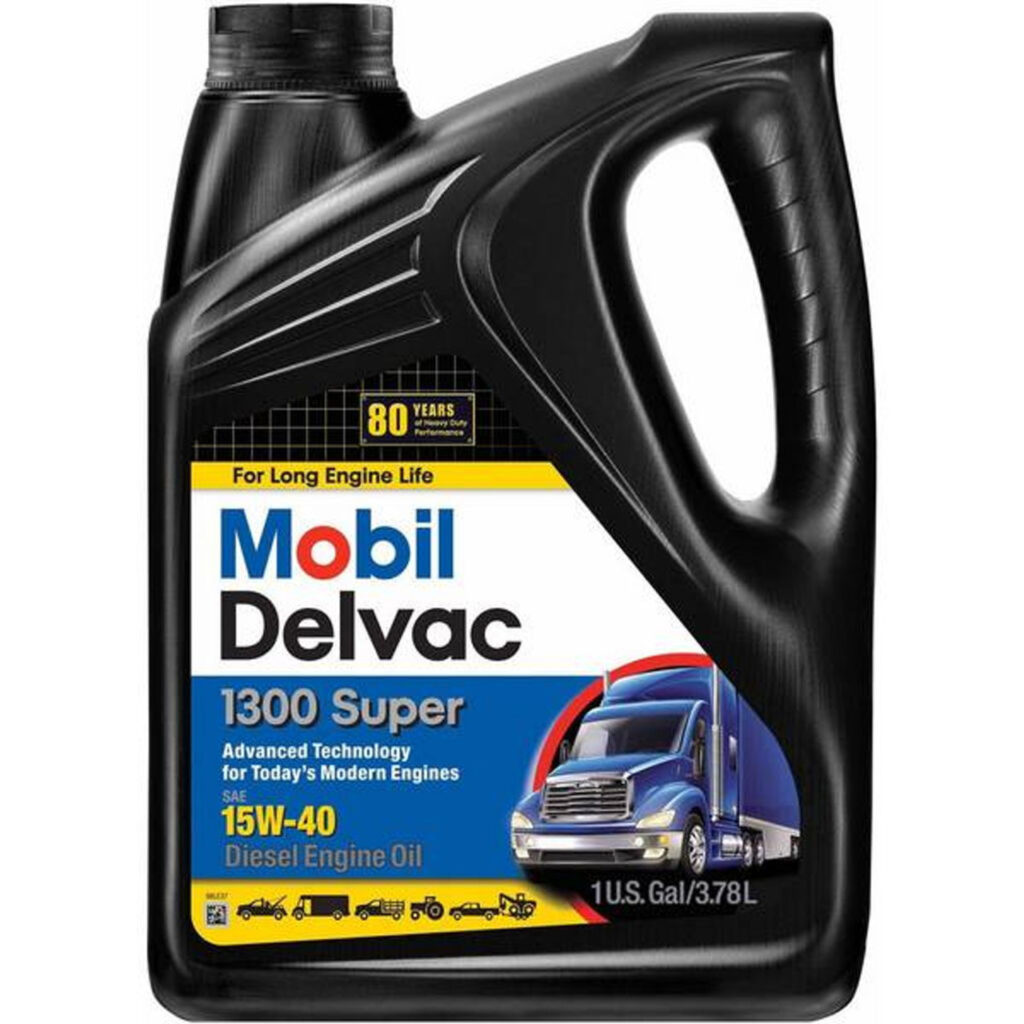
Mobil Delvac 1300 Super 15W-40 is a premium diesel engine oil designed for high-mileage trucks. It offers outstanding protection against sludge and engine wear under extreme conditions.
Use Case: Ideal for heavy-duty fleets operating across varying climates.
Benefit: Improves fuel economy, extends oil drain intervals, and protects against high-temperature deposits.
Fleetguard LF14000NN Oil Filter
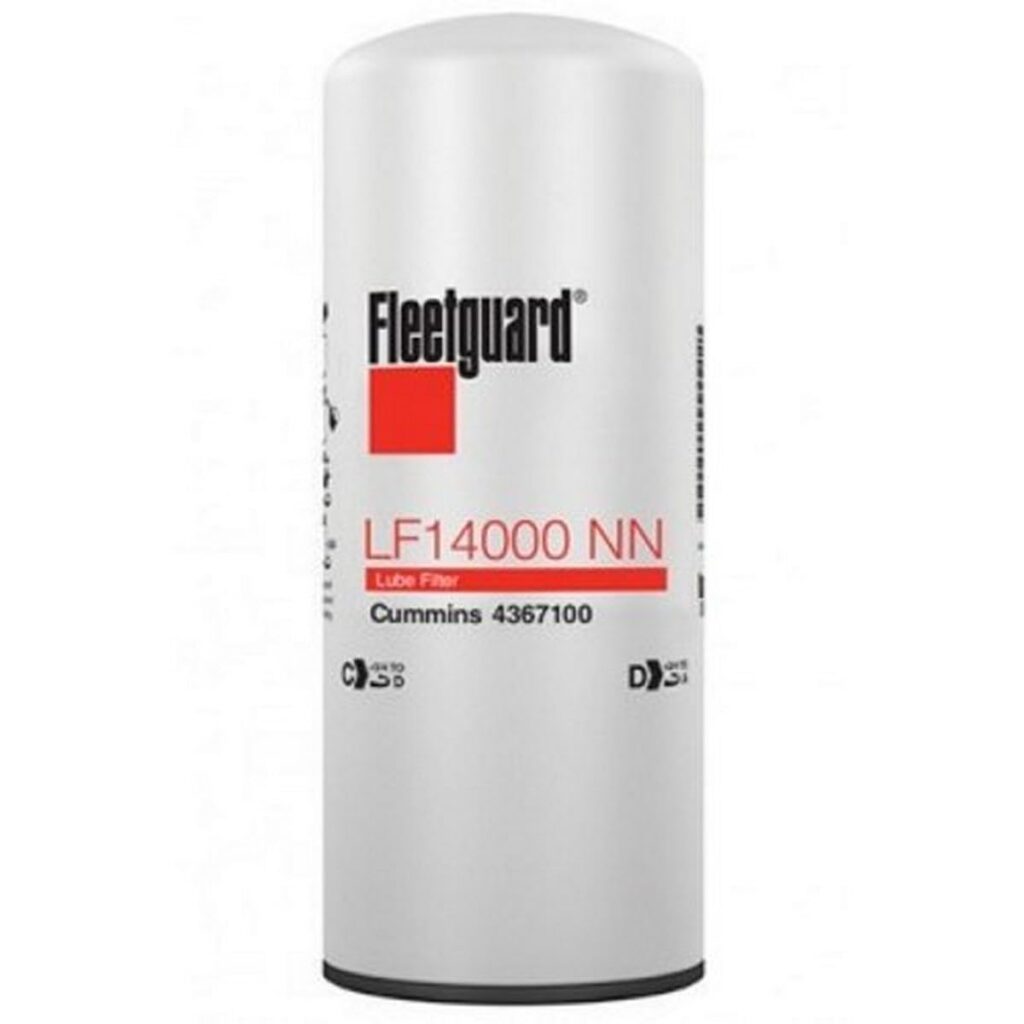
Fleetguard LF14000NN is a high-efficiency oil filter built for Cummins engines. It captures up to 99.9% of harmful contaminants and allows longer intervals between filter changes.
Use Case: Trusted by logistics fleets with Cummins-powered trucks.
Benefit: Reduces engine wear, supports longer oil life, and lowers total maintenance costs.
Bendix BA-921 Air Dryer
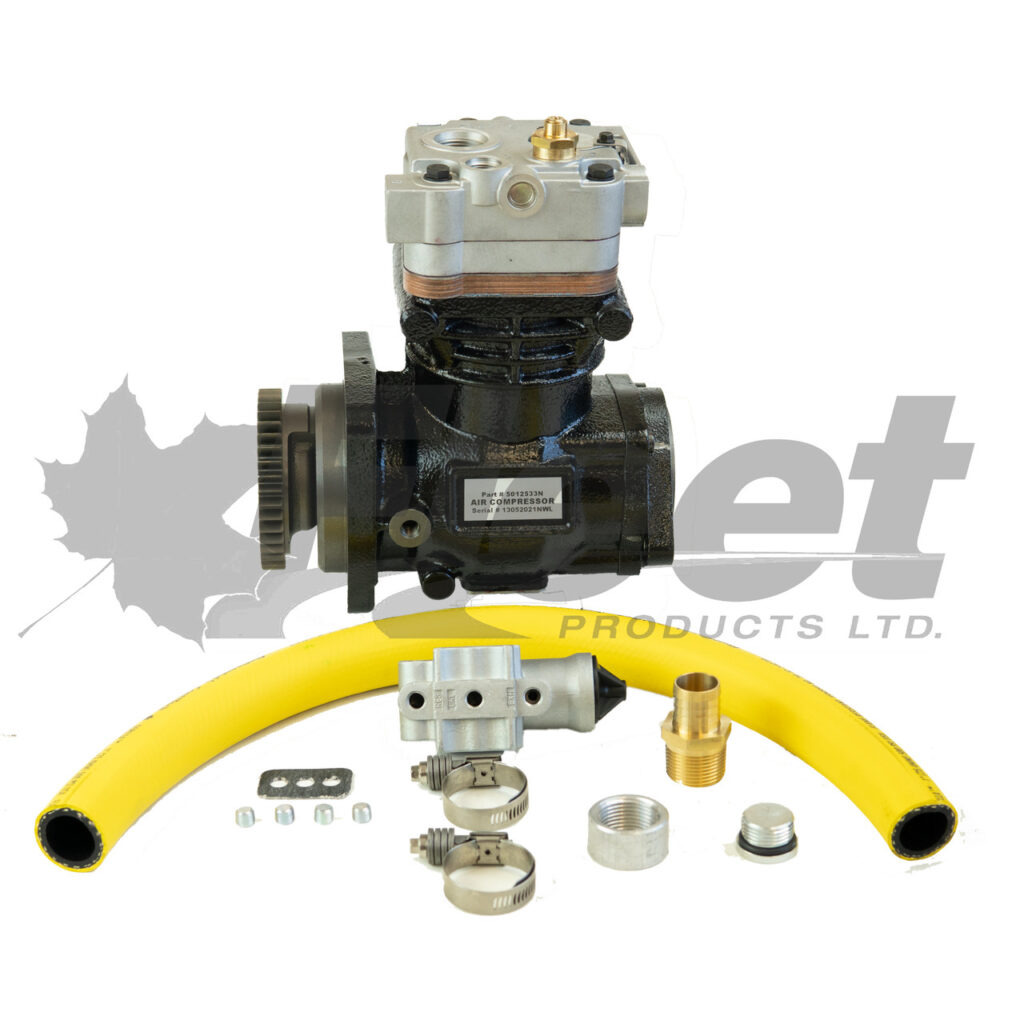
Bendix BA-921 helps remove water and oil aerosols from compressed air systems. It ensures brakes and other air-driven components work reliably.
Use Case: Critical for trucks operating in humid or winter conditions.
Benefit: Prevents air system contamination, protects brakes, and improves air quality.
TRP HD Shock Absorbers

TRP Heavy Duty Shocks are built for semi trucks handling heavy cargo. These shocks enhance ride quality, reduce bounce, and preserve tire wear.
Use Case: Best for long-haul trucks or those operating on rugged terrain.
Benefit: Increases driver comfort and vehicle control while reducing suspension strain.
BlueParrott B450-XT Noise Cancelling Headset

BlueParrott B450-XT is a top-rated Bluetooth headset that keeps drivers connected while minimizing distractions.
Use Case: Great for driver communication during inspections and remote diagnostics.
Benefit: Offers noise cancellation, long battery life, and comfort for extended use.
Use Cases: Real Problems Solved by Preventive Maintenance
Preventing Costly Engine Failures
By regularly changing oil and filters, fleet managers reduce the risk of catastrophic engine damage. For example, a trucking company in Texas reported reducing annual engine repair costs by 35% after adopting Mobil Delvac and Fleetguard products.
Avoiding Brake System Failures
Routine inspection of air dryers like Bendix BA-921 ensures clean air in braking systems, crucial for avoiding freezing or air leaks in winter. This maintenance prevented a fleet in Minnesota from multiple brake-related delays.
Enhancing Driver Comfort and Reducing Fatigue
Shock absorbers and ergonomic headsets like TRP and BlueParrott enhance driver well-being, reducing fatigue and improving productivity during long hauls.
How and Where to Buy Preventive Maintenance Products
You can find these products online or through authorized truck parts distributors:
Buy Now:
- Shop Preventive Truck Maintenance on Amazon
- Find Parts at NAPA Auto
Frequently Asked Questions
How often should preventive maintenance be done on a semi truck?
Typically, semi truck preventive maintenance should be performed every 10,000–15,000 miles or approximately every 3 months. This interval can vary depending on the operating conditions, load weight, climate, and the manufacturer’s recommendation. Consistent maintenance schedules help prevent breakdowns, increase safety, and ensure optimal performance. For those wondering how often should preventive maintenance be done on a semi truck, the answer lies in proactive checks tailored to your fleet’s unique usage.
What are the DOT requirements for truck maintenance?
DOT requires regular inspections, maintenance logs, and records of repairs to ensure road safety compliance. Preventive maintenance helps meet these requirements efficiently.
Can preventive maintenance save money in the long run?
Absolutely. It reduces unexpected repairs, improves fuel efficiency, and extends the life of your truck, which leads to significant cost savings over time. Fleets that commit to preventive schedules often report fewer roadside emergencies and lower total maintenance costs.
To truly ensure vehicle longevity and compliance, fleet managers should consistently evaluate how often should preventive maintenance be done on a semi truck and adjust their service schedules based on usage patterns and manufacturer recommendations.

